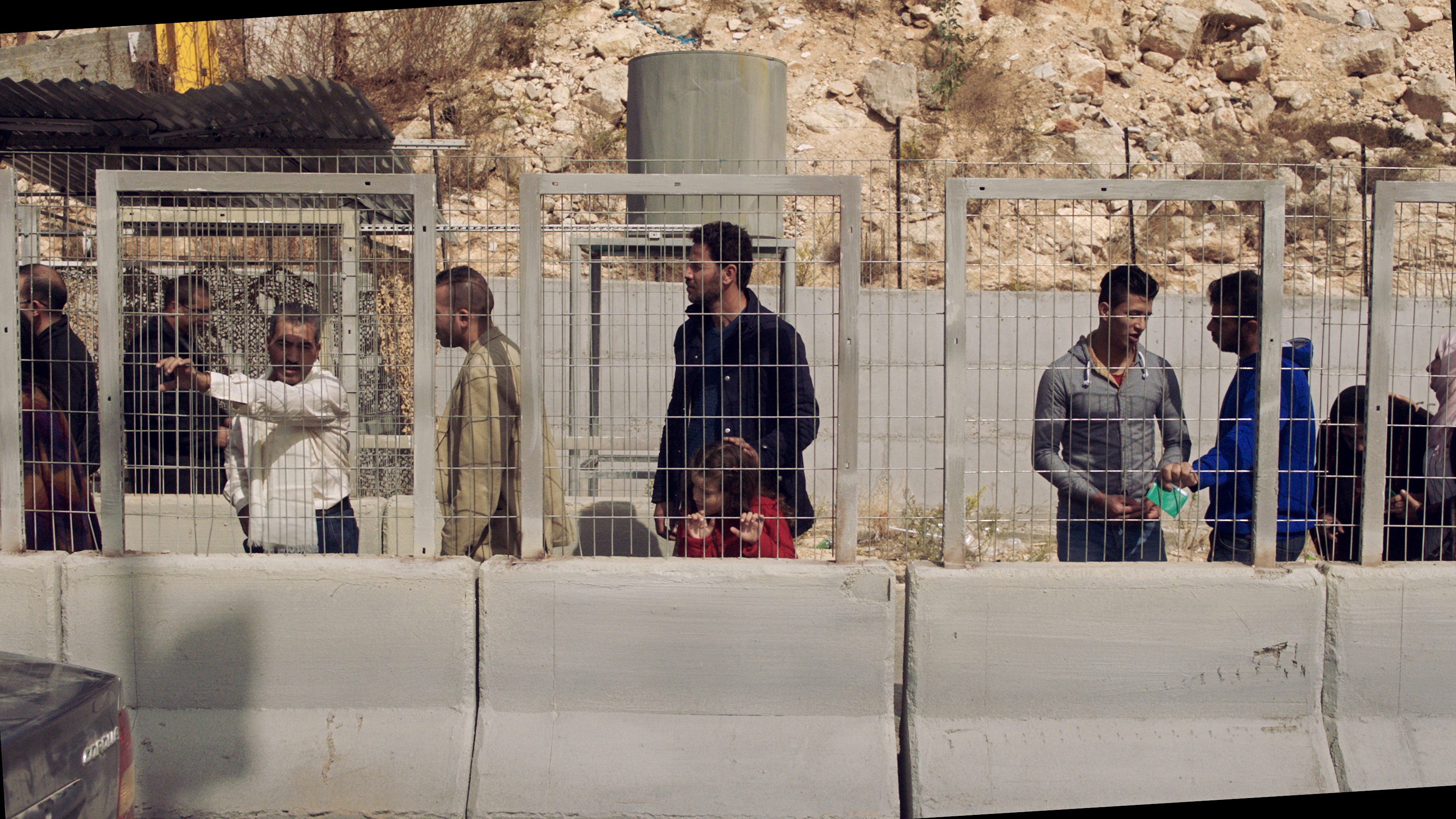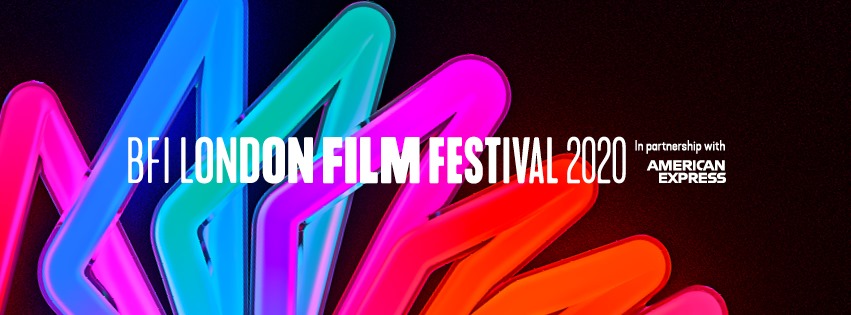British-Palestinian filmmakers Farah Nabulsi‘s social-critical short film The Present has just recently taken part in the UK Film Festival London and that’s just one of many festivals where the short film was screened. A few weeks ago we had a pleasure reviewing the award winning film and we couldn’t miss a change to interview the creator behind it, director of the short film Farah Nabulsi.
-The story is so simple but strong at the same time. What do you think has contributed to the story being so expressive?
“Thank you! I think it’s because it is such a simple story that also speaks volumes about an absurd reality that exists, performed by 2 brilliant actors who understood at their core what the film was about, as Palestinians themselves. It provided an authentic, human and emotional impact.”
– Addressing sensitive, important topics in a film brings an extra layer for critique. Is it difficult for you as a filmmaker to speak about political issues, because you know you are immediately exposed to attack?
“I don’t set out to make ‘political’ films. I do have a creative desire to tell human stories about things that matter to me. I read an art critic saying “you cannot make art without a sense of identity, yet it is identity you seek in making art”. That resonates for me. I’m a Palestinian from both my parents and I am certainly exploring my identity as a Palestinian and as a human being through my filmmaking, but I am also very much concerned with the truth and those are the stories I set out to make, stories based in truth with depth and meaning – that also speak to my identity. Those that rais
e the global social conscience. Like Mama Africa said, “if my truth is (then) political, there is nothing I can do about that”. But it is not difficult for me to do, even if it does invite extra critique, (though I have yet to experience anything worth mention), because it’s who I am and it would be much harder for me on a personal level to try make films that aren’t truthful or that don’t matter to me.”

– You have worked in the financial sector for a long time and changed your profession after a trip to Palestine. What was it that made you change your profession?
“I didn’t go directly from finance to film, but yes, I went from the corporate world to the art world after what I call a life changing trip to Palestine a few years back. After much of the injustice I had seen and learned about on that trip and a couple of trips that followed, I decided to adapt some personal therapeutic pieces I had written during that period and produce them as short films. I felt compelled to tell the stories I had come across and express myself creatively. I have always loved film and was always the storyteller since a very young age, as well as having a very vivid visual and verbal imagination, so film seemed like the way to go and I’ve had the bug since.”
– The film teaches us not to take the simple things in everyday life for granted. Was that your main message or what would you like the audience to learn from the film?
“I would really like audiences to contemplate the film and what life means for people like Yusef and Yasmine. How something so simple can deliberately be made so humiliating and unnecessarily hard for some people. How racism and ethnic or religious discrimination of any kind is wrong no matter where it takes place or who is carrying it out. I want audiences to ask themselves, would they accept it for themselves or even support such treatment of others?”
– What was especially important to you when choosing the actors?
“That they understood deep in their hearts what this story was about. They had to have a very strong emotional sensitivity and intelligence to play their roles the way I needed them to be performed and, in both cases, Saleh Bakri and Maryam Kanj really did. Saleh specifically brought such an intensity to the role (and, to top it all off, I wanted father and daughter to look alike, which they also did – so it worked out really well).”
– Can short films convey serious complexes just as well as long documentaries or reports?
“Well, probably not in such detail, with facts and figures, intellectually, but certainly on a human and emotional level, if you are talking short fiction, I believe they can – may be sometimes more so! You tell me. Did The Present impact you on a human and emotional level more than a long report or documentary would? I don’t know, with complex issues such as these, sometimes I think it’s the EQ, the emotional intelligence, rather than the IQ that is missing and more importantly needs to be conveyed.”
– Have you already noticed positive changes or at least the beginnings of a change in the situation in Palestine due to your initiatives? If so, what were they?
“So, I was never under the illusion that my films alone will change the world, or the injustice in Palestine, but I do feel that as my films engage various audiences and ignite discussions, contemplation and interest, then I am certainly doing my part in the struggle for Palestinian freedom and equality. When I get great reactions from people who watch my films from all over the world and want to learn more or do more, then I know my art is playing a part in raising the global social conscience and hopefully bringing positive change.”
Have a look at trailer of the short film The Present below




